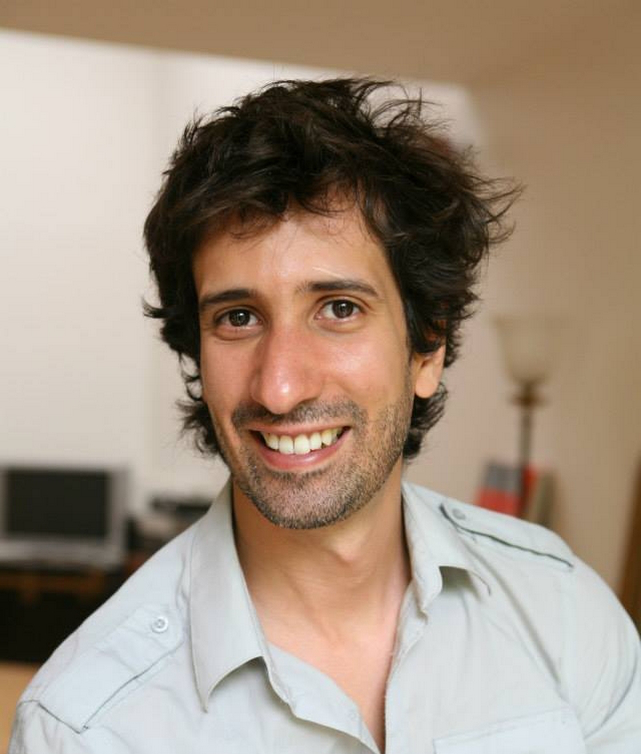KARIM BENSALAH

BIO
Karim was born in Algiers to an Algerian father and a Brazilian mother. After Haiti and Senegal, he moved to Paris to study literature, philosophy and social sciences, while continuing to work in theater. He then entered the London Film School, where he directed Constant Flow. Back in Paris, he worked as a director, screenwriter and actor. His first short film, Le secret de Fatima, was selected and awarded at numerous festivals (Clermont-Ferrand, etc.) and broadcast on Arte. He then directed Racine(s), a segment of the feature film Paris la Métisse, before joining the Collectif Tribudom, which works with teenagers in the working-class districts of Paris and its suburbs, with whom he made several short films, the latest of which is Chantier(s). He has been working for over ten years, in France and Brazil, in image education. A real political field and of cinematographic experimentation, image education has enabled him to develop a practice based on collective writing. Six pieds sur terre makes its Spanish premiere in AFRIKALDIA.
DIRECTOR’S STATEMENT
The title of the film was proposed to me and I liked it right away, because on the one hand I am a fan of the American series (Six Feet Under), and on the other hand, because behind the title there is a story built as an oxymoron, or how the protagonist manages to gain perspective and understand the value of life, thanks to his experience of death. I have been obsessed with death for a long time. In my short films, LE SECRET DE FATIMA and LES HEURES BLANCHES, death is always present. I have a very strong Brazilian cultural heritage of Portuguese origin. There is also the legacy of the Algerian war. And I also had a very small metaphysical experience of death. At the age of six, when I was going to school, I raised the question of life after death and since then I have been obsessed with it. I can say that my experience of life has been through death. In fact, it is the basis of my life. I grew up in Haiti at the time of the fall of Bébé Doc. When I came home from school, I would see dead bodies in the streets. For me, this experience of death gives meaning to the question of life. That is exactly what Sofiane is facing.
The story originates from an encounter with a person who told me about her work in a Muslim funeral parlor and whose story inspired that of my character Sofiane. This context immediately appealed to me. Then there was the fact that this was a person from a well-to-do social class who is catapulted into a social and societal environment different from her own. Obviously, this allowed us to build a character who is forced to question her own identity. A necessity for Sofiane, who feels like an outsider everywhere. It is a very particular and very current feeling for a certain generation that does not fit in anywhere, that does not feel legitimate in anything.

